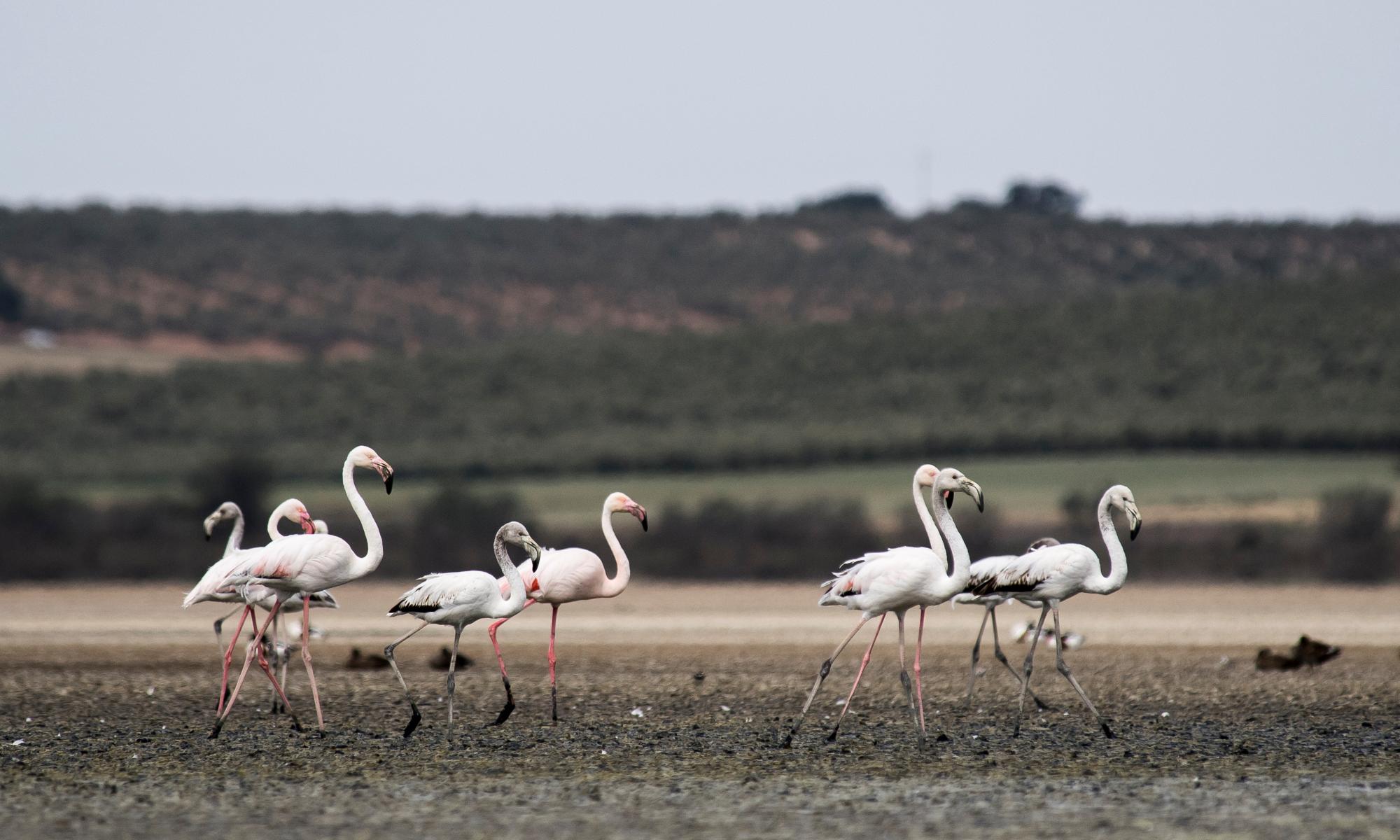The controversial Keystone XL tar sands pipeline has been dealt a major setback, after a judge revoked a key permit issued by the US Army Corps of Engineers without properly assessing the impact on endangered species.
In a legal challenge brought by a coalition of environmental groups, a federal judge in Montana ordered the Army Corps to suspend all filling and dredging activities until it conducts formal consultations compliant with the Endangered Species Act.
The ruling revokes the water-crossing permit needed to complete construction of the pipeline, and is expected to cause major delays to the divisive project.
Keystone XL is a 1,179-mile pipeline which would transport around 830,000 barrels of oil a day from the tar sands in Alberta, Canada to Nebraska, eventually heading to refineries on the Gulf Coast.
Campaigners welcomed Wednesday’s ruling as a victory for tribal rights and environmental protection.
“The court has rightfully ruled against the Trump administration’s efforts to fast track this nasty pipeline at any cost. We won’t allow fossil fuel corporations and backdoor politicians to violate the laws that protect people and the planet,” said Tamara Toles O’Laughlin of environmental group 350.org
Judith LeBlanc, director of the Native Organizer Alliance, said: “The revoking of the permit is a victory for treaty rights and democracy. Tribal nations have a renewed opportunity to exercise our legal and inherent rights to protect the water of the Missouri river bioregion for all who live, farm and work on the land.”
The Keystone XL pipeline was approved in 2010 by the Canadian national energy board, but suspended in 2015 after Barack Obama refused to grant the required presidential permits amid growing public outcry from a coalition of Native Americans, First Nations, ranchers and farmers, and environmentalists.
Donald Trump issued the permits within days of taking office, stipulating only that American steel be used in the work.
Construction began earlier this month in Montana after the company TC Energy Corp secured $1.1bn in financing from the Canadian provincial government of Alberta to cover construction through 2020 - and agreements for the transport of 575,000 barrels of oil daily.
In a statement, the Canadian company said it was reviewing the judgement: “We remain committed to building this important energy infrastructure project.”
The company faces a separate legal challenge on Thursday 16 April, when tribal communities will be back in court requesting an injunction to stop construction in light of the coronavirus pandemic. The court will decide whether construction, which the plaintiffs argue will bring thousands of out-of-state workers to remote areas already ill-equipped to deal with the public health crisis, should be suspended.


